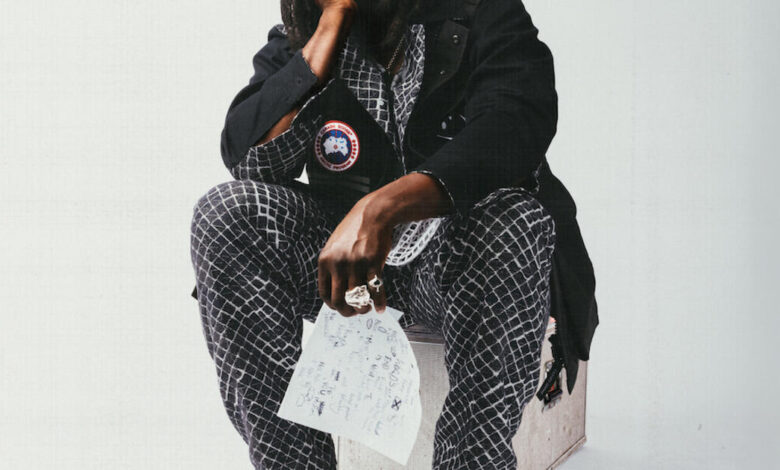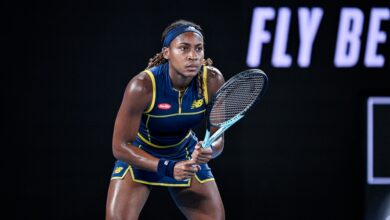Black History Month: Why We Need More Diversity in Music Journalism

Pursuing a Career in Journalism Beyond Borders
I’ve found, as a freelance woman writer, that the struggle to contend for commissions is further amplified by coming from an underrepresented background and a different social class. Working-class writers of colour in the northern regions of England, far from the epicentre of London, face several geographical and socioeconomic obstacles.
It is considered true that larger cities generate more creative jobs, stories to cover and network opportunities. Yet, for many working-class creatives outside of London, moving there in the cost of living crisis is simply not a viable option. Personally, I find myself constrained by my financial limitations from a working-class background and looking at government data on the economic well-being of ethnic minority women, all minority group women have a higher chance of experiencing poverty than White British women. Living in poverty can significantly impede the chance for women and writers of colour to pursue creative careers, primarily because the financial ambiguity associated with freelancing prevents a steady, stable income.
Having more underrepresented backgrounds in music journalism can provide not only more inclusive and representative reporting but rich lived-in stories and cultural content. Music storytelling has been dominated by white men writing about other white men for years, but articles from new perspectives are waiting to be told, and it is imperative these stories do not go unheard due to societal and industry limitations.
The importance of more active diversity in the next generation of journalism lies in our ability to bring innovative ideas, push for representation, and encourage marginalised backgrounds to believe in their ability to write and report. I believe my ability to love music at such a heightened level comes from my diverse upbringing, and because of my parents, I was raised on music from all different genres and cultures. I am very proud of my mixed Jamaican and British heritage, and I feel it makes me a stronger writer, with deeper musical perspectives and cross-cultural connections.
The future of having more young women of colour in music journalism largely depends on collective efforts made by the industry and media outlets to advocate change and address these systemic disadvantages. People of colour need more stable access to financial support to relocate and commute, and more Black mentorship / Black networking opportunities in other cities.
I believe that “All music is black music,” and it is widely regarded that Black artists have made an unfathomable contribution to the evolution of music history – an impact so strong that it cannot be captured by metrics or record sales alone. Writing and talking about music, sharing and exploring with one another, is the most authentic way of celebrating it.
Why, as music writers of colour, are we erased from our conversation in history? To honour music across all genres and preserve history, we must work harder towards more diversity and equal opportunities in music journalism to create opportunities for the next generation.
Source link




